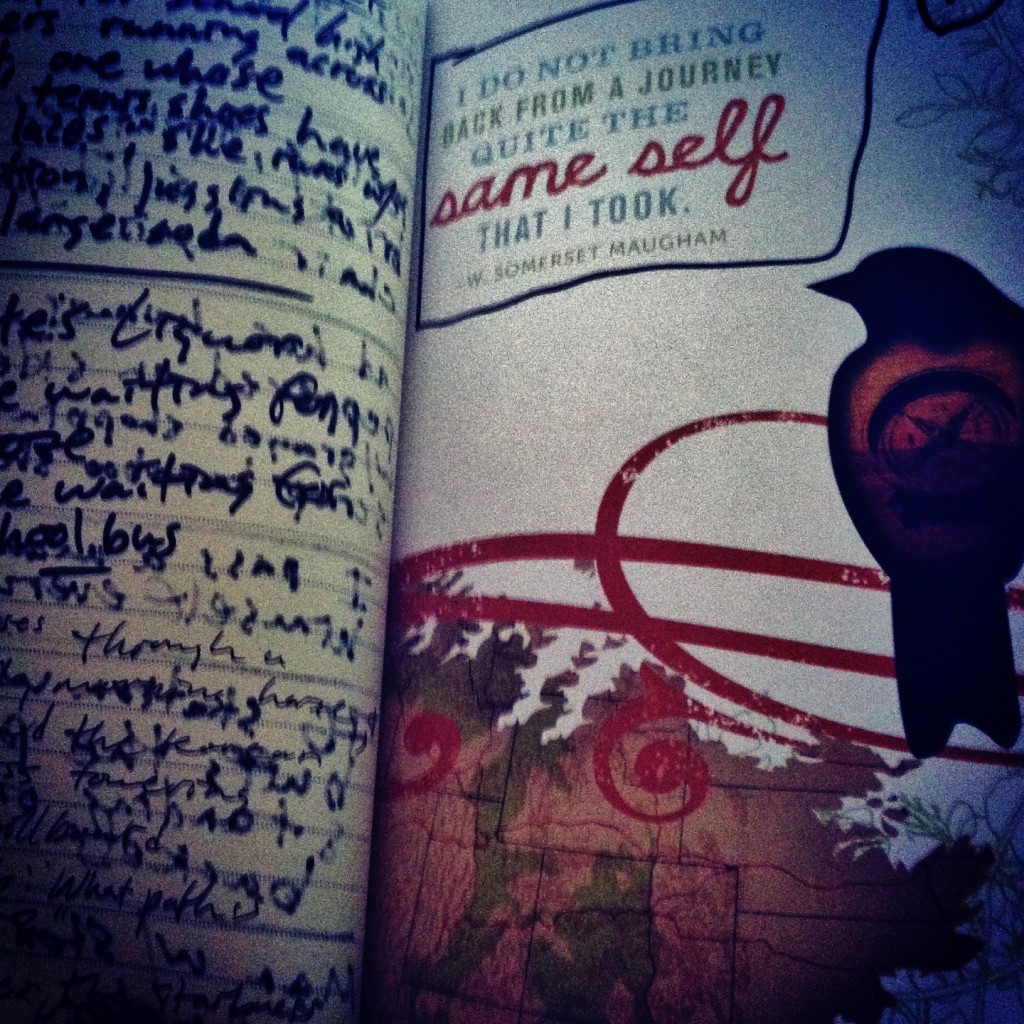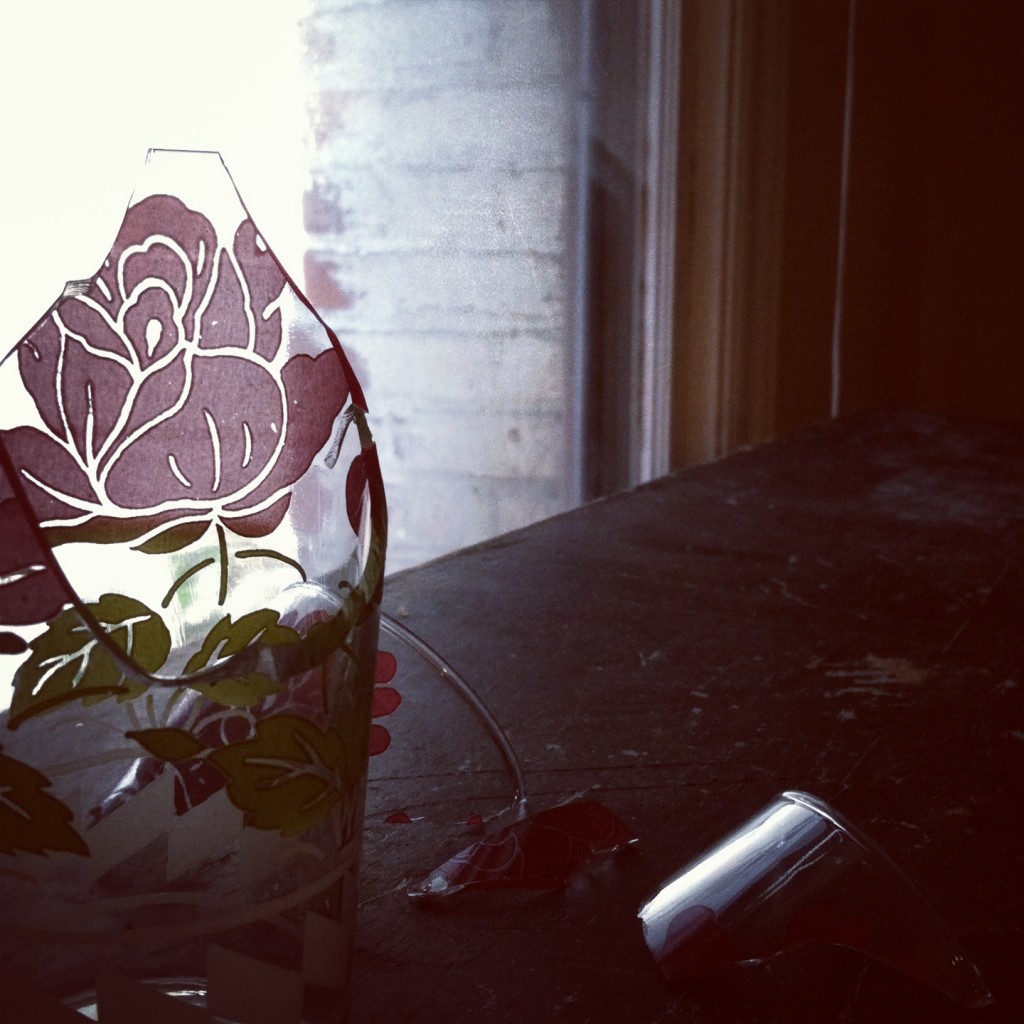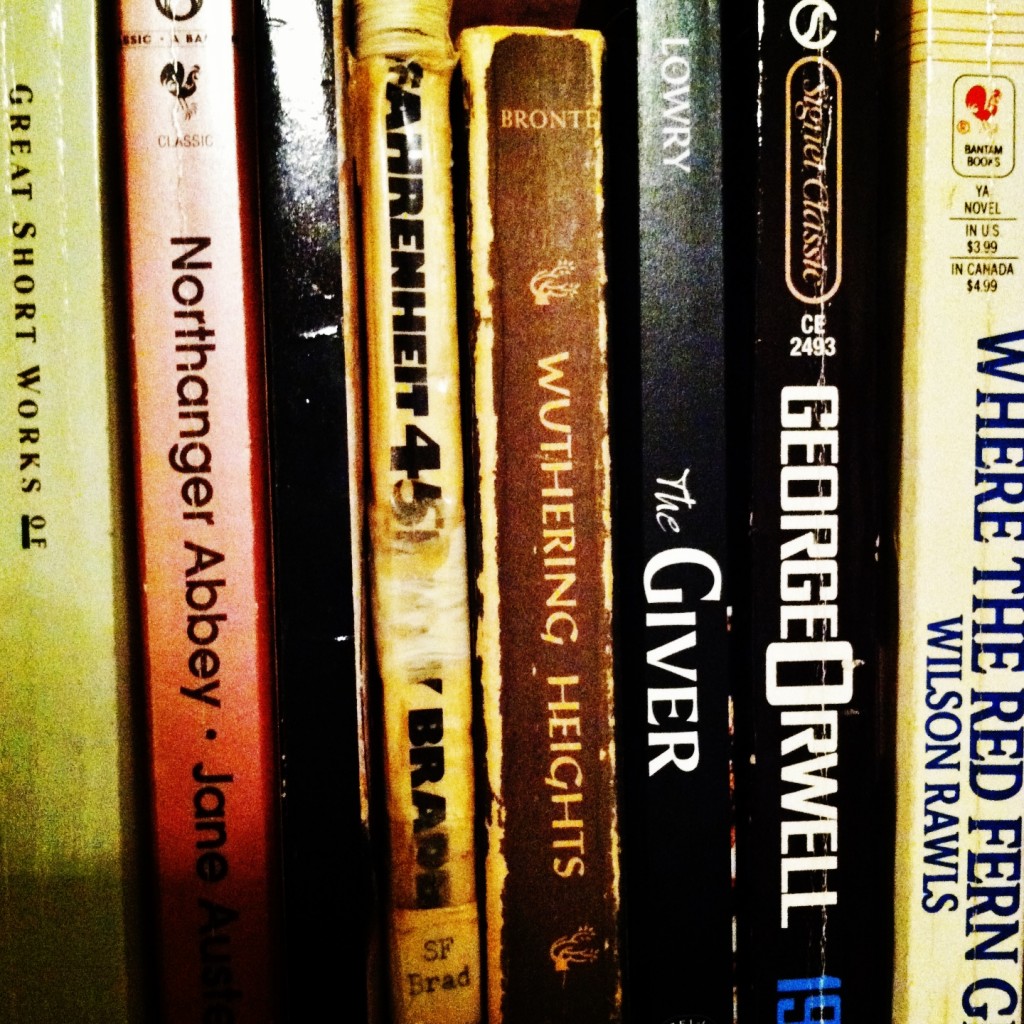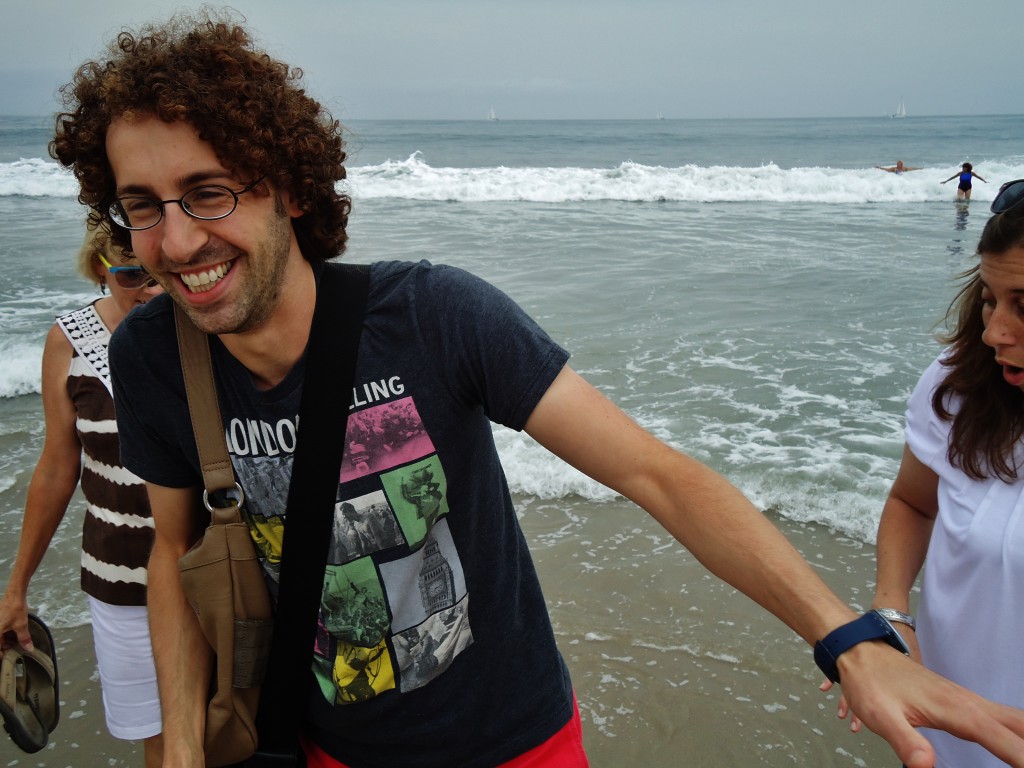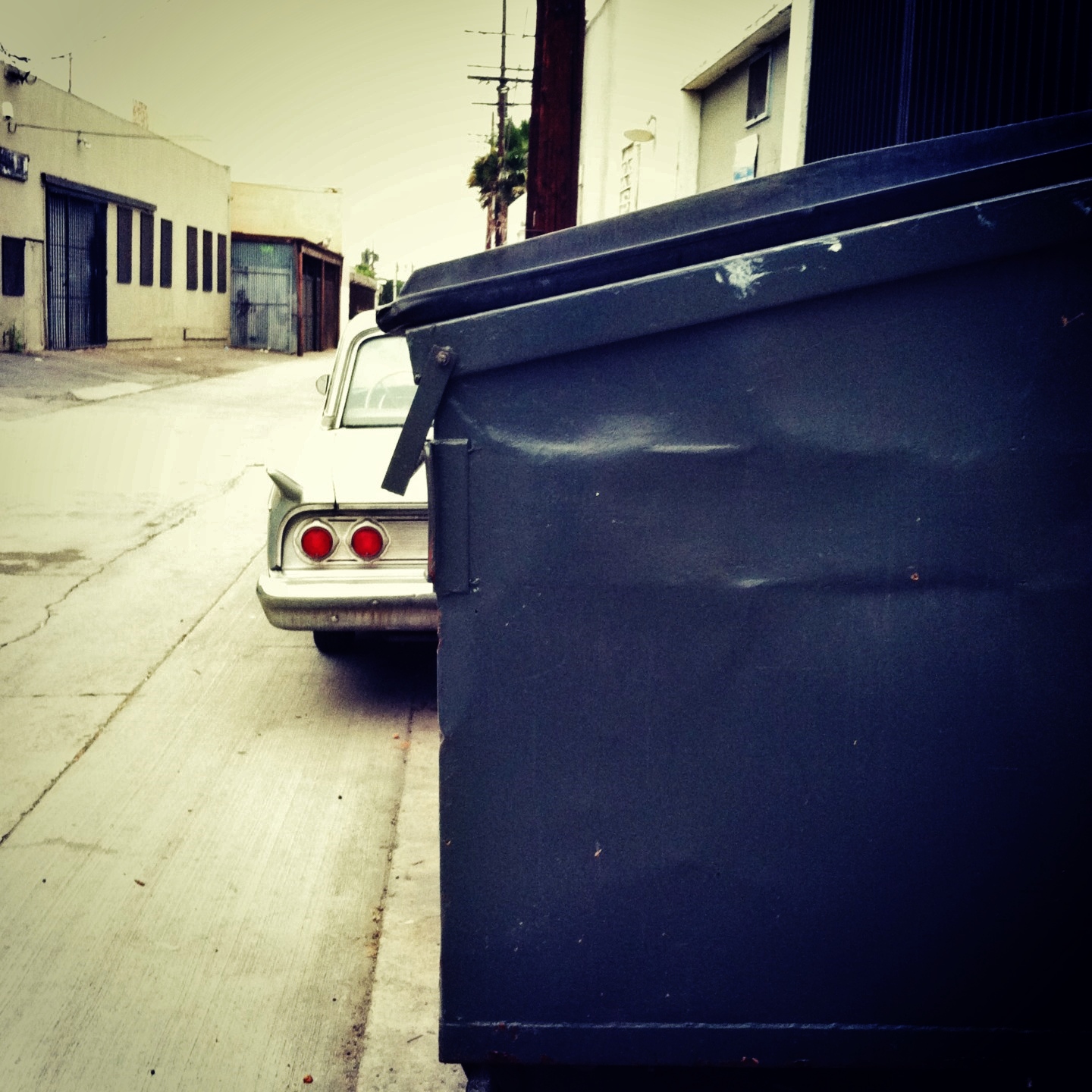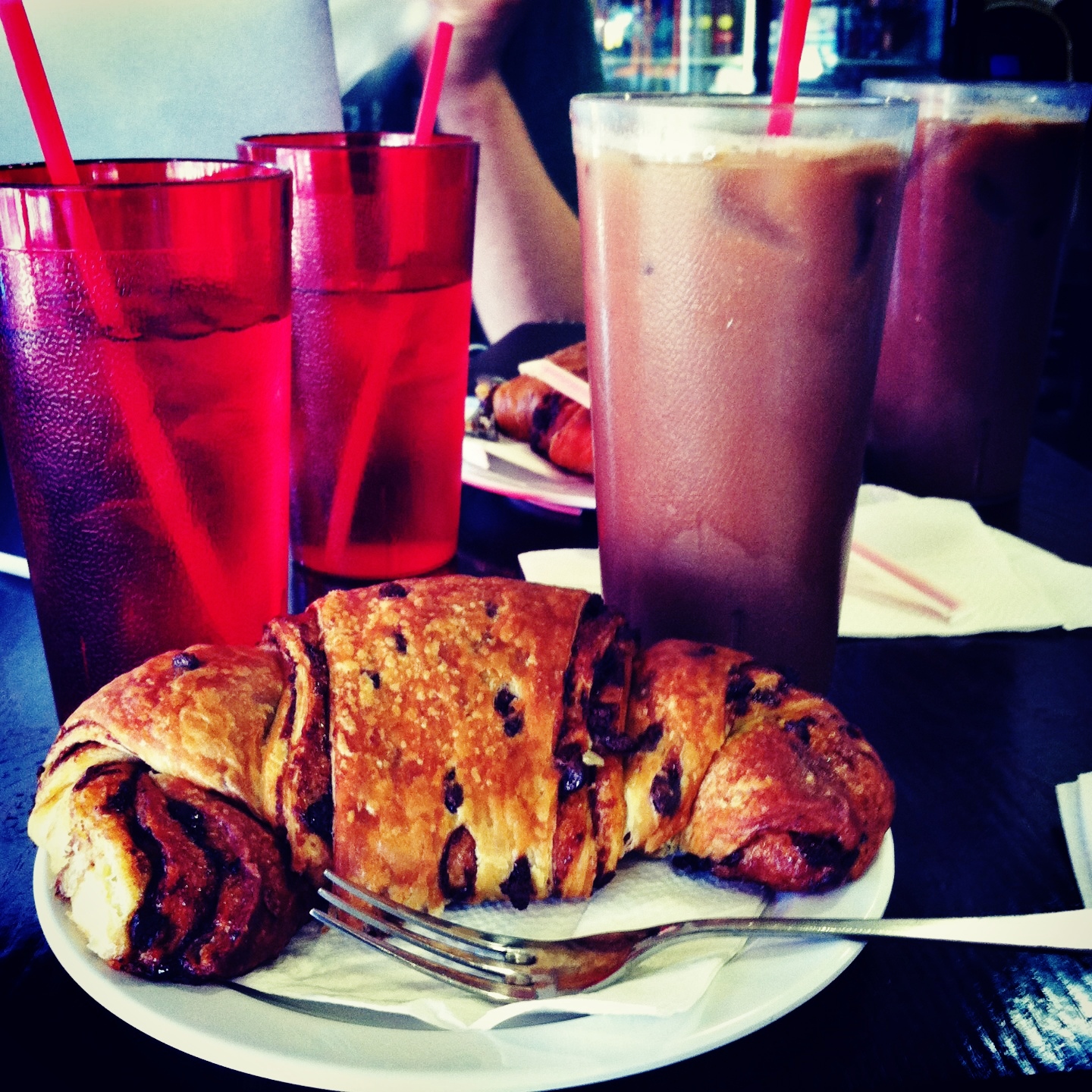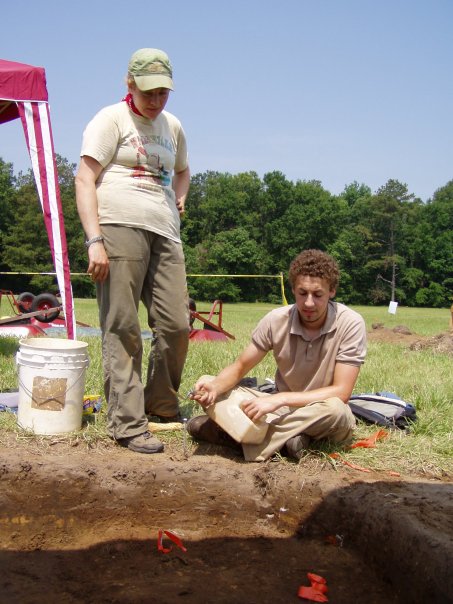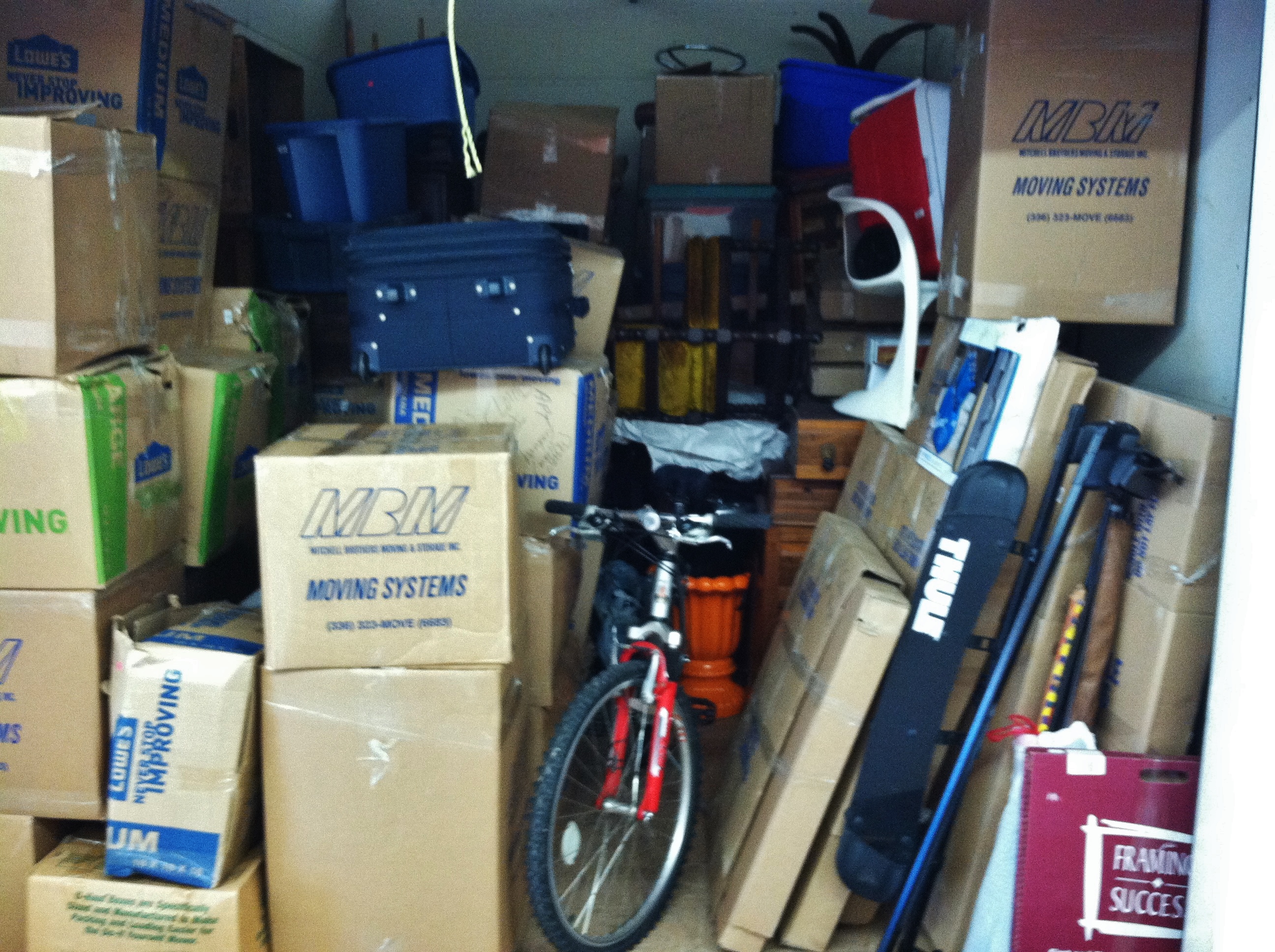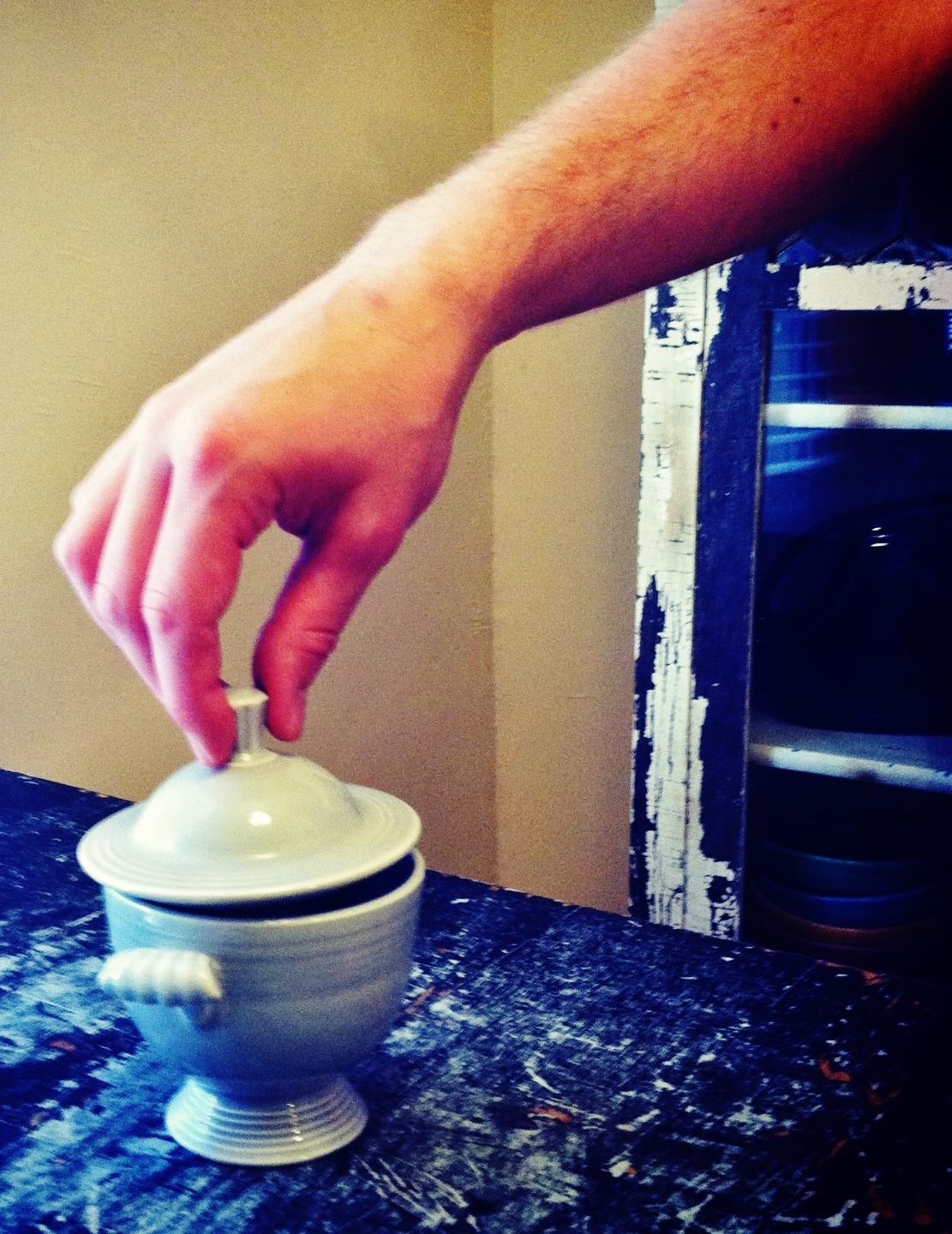The ringing in my ears sounds more like a gong crashing down fifty-three flights of stairs. So much so that I can’t hear what Andy’s asking me. He just looks like a sweaty mime.
“What?”
“WHAT. DO. YOU. WANT. IN. YOUR. SMOOTHIE?”
“Uh. Whatever you’re having.”
He mime speaks something to the petite woman behind the counter, and she starts scooping chunks of fruit, a few roots, and a cactus pad into an industrial blender.
More whirring and ringing, interjected with a brief dizzy spell reminiscent of a merry-go-round rush. But then, I feel it.
Oh god, it’s happening.
I swallow and smile and try to keep up with the conversation Andy’s having with our friends.
I glance around. Try to focus.
But settle on the blending fruits sloshing around in a viscous slurry.
I raise my finger, like I’m about to recite a magical incantation.
“I’llbe…rightback.”
I don’t even wait for a response. I just walk out the door. Start running to the car.
Then notice the open gym door. So I dart past our silver fox trainer — back turned, assisting another client — quietly close the bathroom door, and projectile vomit all of the water I drank during our training session.
Crouched at the porcelain god of hangovers, I cough and sputter.
I’m a winner!
I reemerge, and try to sneak out. But by now, everyone is looking for me.
Even the smoothie shop owner.
***
A month later, our trainer tells Andy to watch. Then, as I lay on the mat, instructs me to point my leg, ballerina-like, to the ceiling. He leans his muscled shoulder into my thigh and pushes. Leaning closer, closer — pushing my leg to delightfully new angles, like some pale protractor swing arm.
A scene from Bring It On dances behind my eyes.
And while I think of cold showers and geometry, he reminds us both of the importance of stretching — maintaining our form.
I wink at Andy.
“Flexibility is key.”
Our trainer claps, and I try not to envy his lack of jiggling upper arm fat.
“Alright, once around the block!”
Cajoling myself off the floor, Andy and I run out into the bright Saturday morning. We round the first corner, and a man yells encouragement from across the street.
Huffing and slightly puffing, we keep going.
“I told you you’re supposed to stretch before running.”
“Mhmmm.”
“I know these things. I knew people on the cross country team in college.”
“I was on the cross country team in middle school. Don’t act like I don’t know what I’m talking about!”
We’re experts.
“Like you didn’t enjoy that stretching.”
“I have no idea what you’re talking about.”
We round the last corner, sidestep into the gym, and begin.
***
The closest I’ve ever come to being a gym rat was in college, right after I came out. Because I figured that a good gay was supposed to live and breathe the gym, just like in Queer as Folk.
By the time I realized my mistake, my body had already endured multiple pulled muscles and subcutaneous bruises, and experienced a constant feeling of having been hit by a Mack truck, then smashed by a falling satellite.
Why I ever thought I could become some muscly block is anyone guess. I mean, I had pretty convincing proof from kiddie league soccer, flag football, and a really nasty fall during a particularly competitive game of kickball that I’m not exactly Sporty Spice.
Still, keeping active has helped both of us make this transition that much easier. Plus, we’ll soon be WeHo-bound, so we may as well be able to lift a few boxes, a sideboard or two.
And while neither of us has aspirations of becoming an Adonis, we also acknowledge that working toward building a better, happier us isn’t just a mental exercise.
Sweat flows sheet-like down my forehead — no minor trickling; no perfectly formed beads like a shampoo commercial.
Our trainer’s iPad timer reflects an insidiously long span left for these side planks — one minute, forty-eight seconds. I close my eyes to escape, but lock in sweat pools.
Somewhere in the stinging darkness, I flashback to the time I diced habanero peppers for a stew, barely rinsed my hands, then popped in my contacts. Between screaming and frenetically tearing at my eyes, I could’ve easily recorded it as an audition tape for an M. Night Shyamalan movie.
Amid that mental noise, I hear our trainer count down from three, two, one.
Collapsing onto the map in a slopping heap, I flip to the other side — cracking open my eyes little by little, like a baby bird. Now eye-level with our trainer’s dainty pitbull, I get into plank position as she looks on from the office doorway — her pink, faux diamond-studded collar tinking slightly as her unseen tail wagging ripples up through her neck.
Behind me, I hear Andy return from his farmer’s walk down the block, then dump the kettle bell weights on the floor with a heavy sigh.
“Three, two, one…”
Goddammit.
The pitty’s collar tinks louder, and her light brown eyes bore into me; my own furry cheerleader. I want to steal her.
And before I start envisioning my tendons and cartilage and other gutty insides twisting and fraying and snapping, I hear that magical word.
“Stop!”
Relief.
***
One more cycle through, and we’re complete messes. But at least we’re done.
As always, our trainer smothers us with praise, and I’m reminded of why I like this place.
Because, after every single session, we realize what we need to do and do it more. We’re working ourselves out — pushing on, even when it’s hard and tiring.
“See, you’ve both improved so well.”
“At least now I’m not fainting.”
He laughs. We laugh.
“You’re getting there. Re-learning how to do it, and doing it right.”
And we are — shaping up, little by little.


